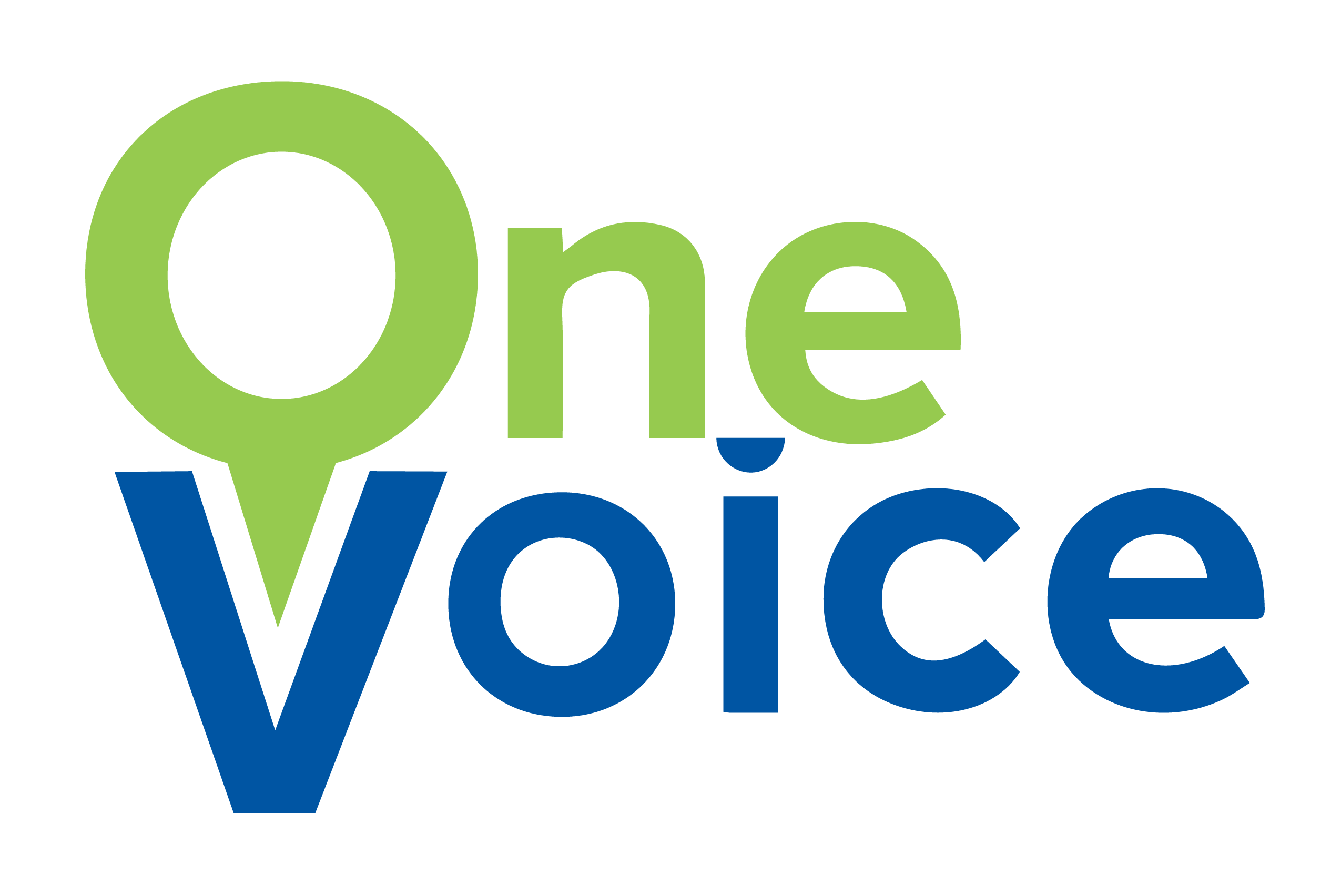Mississippi’s tax laws aren’t doing any favors for its poorest citizens, nor the middle class, for that matter. Instead, at every turn, it seems those elected to serve our interests have voted to enact laws that either create new ways to dig the poor even deeper into poverty, or dismiss opportunities proven to help those most in need buy groceries, pay for housing, and take care of their families.
Ironically, the wealthy are only getting richer at the hands of the government.
In Mississippi, families earning less than $19,300 per year – who represent 20 % of the population – paid 12.4 % of their income in state taxes in 2023, according to the Institute on Taxation and Economic Policy. Those earning between $19,300 and $31,500 – also 20 % of the population – paid 10.8 % in state taxes.
In contrast, the wealthiest, the top 1%, who earn more than $362,300, only paid 6.9 %.
It doesn’t take an economist or tax expert to assess that the numbers just aren’t adding up. Taxes are used to pay for some of the most integral parts of our everyday lives – education, hospitals, roads, etc. The weight the state is placing on the poor is further exacerbated because the funds accumulated from these taxes are used to underfund critical public services.
Where’s the equity? Why are such disproportionate outcomes acceptable? How could anyone think it’s fair, or legal even, to tax the poor at a rate nearly twice what the wealthy pay?
That’s not an isolated equation. There are similar trends in sales and excise taxes, personal income taxes, and property taxes that demonstrate this disparity.
According to the ITEP Tax Inequality Index, which analyzes the effects of tax laws on income equality, Mississippi has the 19th most regressive state and local tax system in the country. To add insult to injury, those income disparities are larger after state and local taxes have been paid.
Some of the inequity we’ve seen recently can be traced to the Mississippi Tax Freedom Act of 2022, or House Bill 531, which, over four years, eliminates the state’s lower tax bracket and cuts 1 % from the top bracket. Governor Tate Reeves touted the legislation, which will eliminate $524 million from state revenues, as a huge victory. Indeed, it is. The question is: for whom? Certainly not the poor.
To truly help hard-working Mississippians, most of whom are living paycheck-to-paycheck, lawmakers should create a refundable state Earned Income Tax Credit (EITC) and Child Tax Credit (CTC). These credits would make the tax code fairer while bolstering economic security and improving child outcomes for families who need it most.
This is not a novel idea. Already, 31 states, including the District of Columbia, Guam and Puerto Rico, have enacted an EITC, and 14 states offer CTC, according to the Center on Budget and Policy Priorities. And their residents are better off. The income from these credits can significantly improve the quality of life for Mississippians, who are struggling to make ends meet due to rising costs and low wages, making it increasingly difficult to afford basic necessities including healthy foods, gas and housing.
While they’re at it, lawmakers should heed the will of its citizens and kill the state grocery tax, the highest in the country. According to a Mississippi Today/Siena College poll, 68 % of Mississippians do not support the grocery tax. It’s ironic when you think about it: The state with the highest food insecurity rate in the nation also has the highest grocery sales tax – 7 %. There are only 13 other states that tax groceries, and a mere three – including Mississippi – at the full state sales tax rate.
An EITC, CTC and Grocery Tax elimination are a win, win, win situation. They will greatly benefit low income families, but each are also tax cuts. Instead of continuing to burden its residents, legislators should think about raising revenue in order to adequately fund government services and programs.
According to CBPP, poor families spend substantially more of their income on groceries than others: the lowest 20 % earners spend 10.3 % of their hard-earned dollars to feed their families, compared to 5.7 % – nearly half – for the wealthiest. To put it in perspective, eliminating the food tax would save a family earning $11,000 about $121, and a family earning $25,000 about $202.
The time for state lawmakers to stop ignoring the needs of its citizens is long overdue. It’s time they take off the blinders to proven solutions enacted in other states and pass legislation that benefits struggling Mississippians. It’s time to be stewards of the state’s most precious resources, its people, and give parents a fighting chance at improving the lives of their children, who, ready or not, are the future. It’s in everyone’s best interest that the next generation has the resources and motivation to thrive, to learn, and to give back to their home state. Lawmakers have the power. If not now, when?

Our mission is to ensure an equal voice for traditionally silenced communities. When One Voice’s work is done, we envision a Mississippi with a healthy vibrant thriving neighborhoods, schools, economy, and most importantly families.
123 Main Street
New York, NY 10001
One Vision. One Village. One Voice